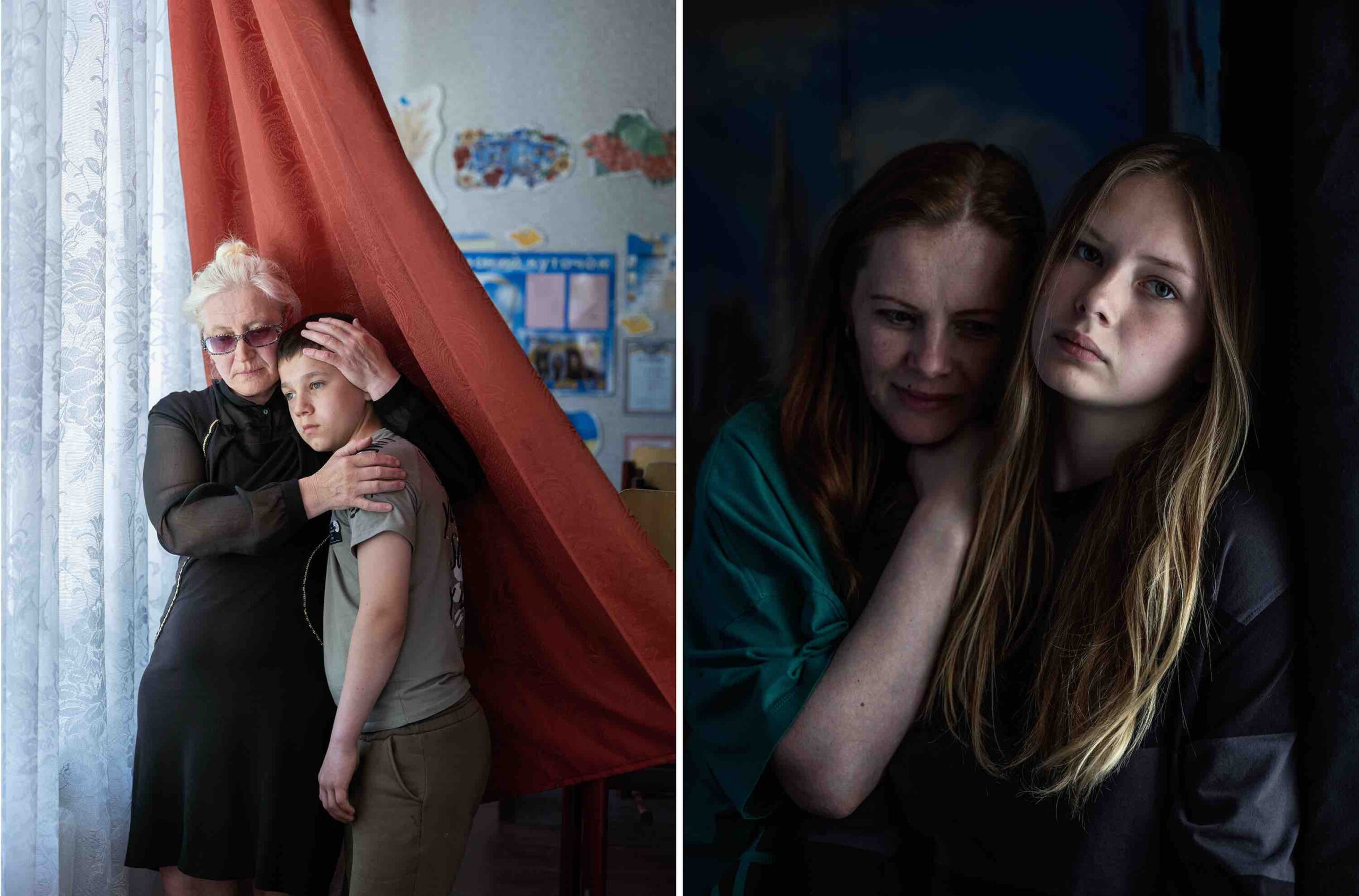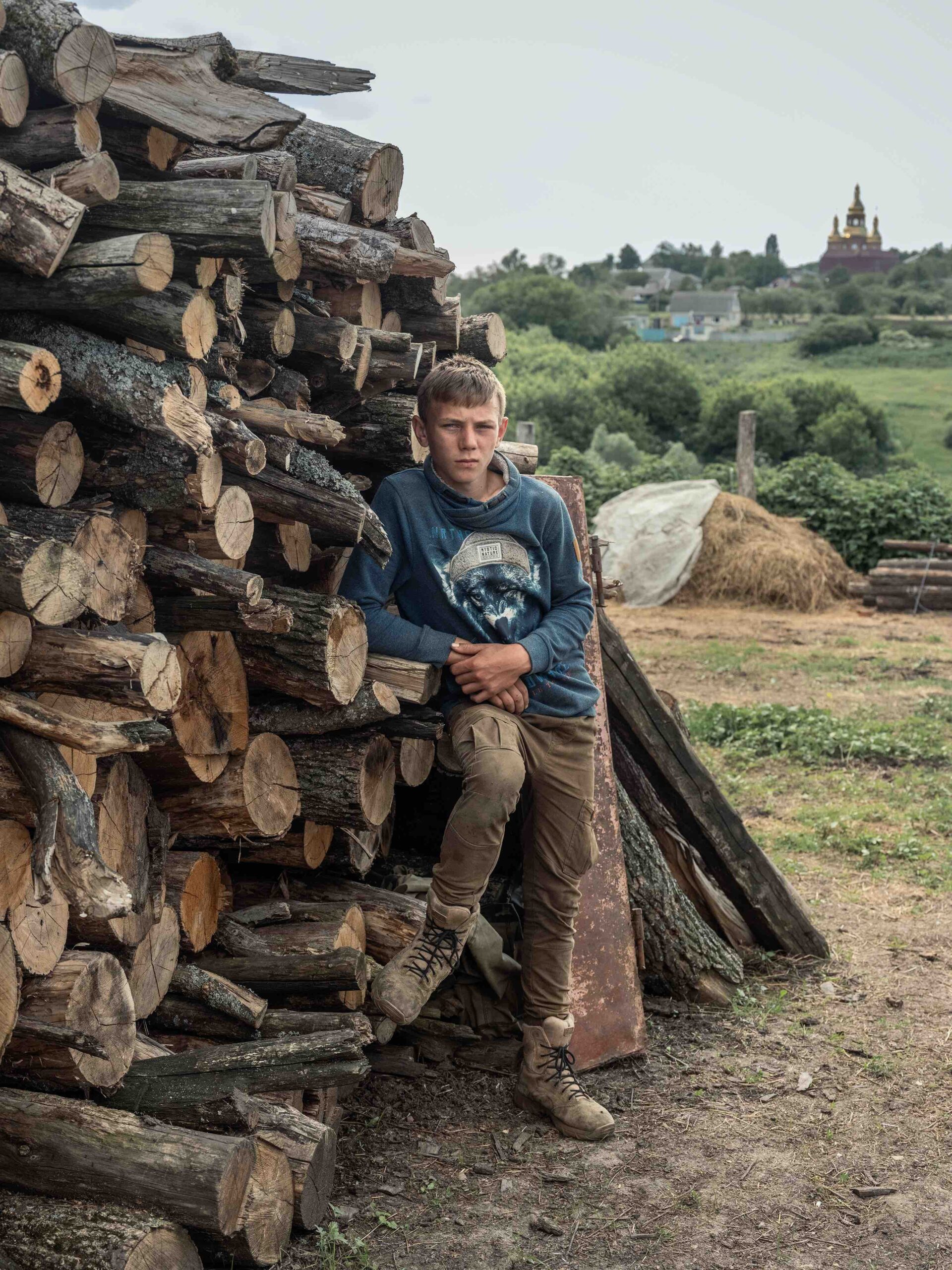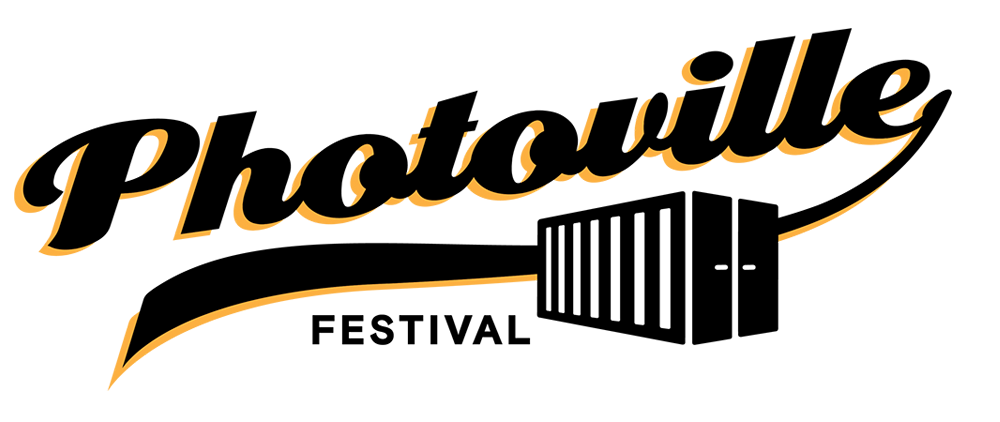


Daniel Berehulak started photographing some of the thousands of Ukrainian children who had been taken into Russia early last year when he and colleague Carlotta Gall first started reporting on the mothers who had gone to retrieve them. The children had been separated from their Ukrainian parents at checkpoints by Russian forces. Or the parents were duped into sending the children to summer camps in Russian-controlled areas. Other children were removed from schools and other institutions en masse.
Once there, Russian authorities did their best to Russify them and turn them against their homeland, threw up obstacles to their return to Ukraine, tried to coerce their families to join them in Russia, or placed them in foster homes or up for adoption by Russian families. It was a mass abduction on a scale that had few precedents in modern warfare and one for which President Vladimir V. Putin of Russia now faces charges from the International Criminal Court.
Daniel spent the next eight months traveling around Ukraine to find the children who were victims of this forced indoctrination. Each child and family had another small piece of the larger puzzle of Russia’s campaign to snuff out Ukrainian identity. Each had their own scars and stories to tell about the psychological manipulation. The trauma for many was already lasting.
Artist Bios
-
Daniel Berehulak
Daniel Berehulak is a staff photographer for The New York Times. He grew up on a farm outside of Sydney, Australia as the son of refugees who fled Soviet Ukraine during World War II. Despite being far from Ukraine, his parents passed on its language and culture, greatly influencing his worldview.
Daniel covers national and international events, including humanitarian crises, wars, and global health issues, focusing on how these events impact individuals, families, and society at large. Daniel’s work has been recognized with multiple awards, including three Pulitzer Prizes: in 2015, for Feature Photography for coverage of the Ebola epidemic in West Africa; in 2017, for Breaking News Photography for coverage of the so-called war on drugs in the Philippines; and in 2023, as part of The Times team honored for international reporting for coverage of the war in Ukraine. He is currently based in Mexico City.
From 2005 to 2009, Daniel was based in London as a staff news photographer with Getty Images. He then shifted to New Delhi to advance Getty’s coverage of the Indian subcontinent with a focus on the social and political instability of Pakistan and its neighbors. As of July 2013, Daniel joined Reportage by Getty Images as a key represented photographer to focus on a combination of long-term personal projects, breaking news, and client assignments. He is a regular contributor to The New York Times, TIME Magazine, and Der Spiegel in particular, and his work appears internationally in newspapers and magazines world wide.
Organizations
-

The New York Times
Since 1851, the New York Times has been on the ground reporting stories from around the globe that no one else was telling. How we tell those stories has changed, but our mission to seek the truth and help people understand the world has remained constant.
Ukraine’s Stolen Children
Featuring: Daniel Berehulak
Curated by: Daniel Berehulak Gaia Tripoli
Locations
ON VIEW AT: Truss Banner 34
View Location Details Download a detailed map of this location Brooklyn Bridge Park – Emily Warren Roebling Plaza1 Water St
Brooklyn, NY 11201
This location is part of Brooklyn Bridge Park
Explore other locations and exhibitions nearby

